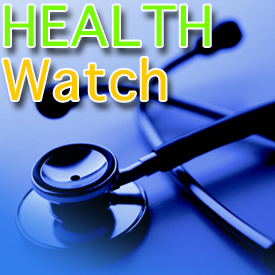

 Sexual violence is more than a crime
Sexual violence is more than a crime From the website at CAChampionsforchange.cpdh.ca.gov
Sexual violence is a broad term that includes what is commonly called rape or sexual assault. The 2008 California Women’s Health Survey revealed that nearly one in seven California women (about two million) has suffered sexual violence during her lifetime.
Sexual violence has not always been thought of as a public health problem. Most intervention programs in the past have fallen under the category of “crime prevention.” But it involves more than just a single traumatic experience and is not only a crime.
Researchers have found that “adverse experiences” such as sexual violence lead to a range of emotional and health consequences for survivors. They are more likely to suffer chronic diseases, experience emotional and functional disabilities, engage in harmful behaviors, and have difficulties in their intimate relationships. The costs of sexual violence to individuals, communities, and society demands attention from experts in the field of public health to save lives, save money, and build thriving communities.
It is not enough to respond to acts of sexual violence that have already happened. The Safe and Active Communities Branch, Violence Prevention Unit (VPU) works to change attitudes, behaviors, and social conditions that make sexual violence possible in the first place. The VPU utilizes public health approaches and epidemiologic studies, and sponsors community-based interventions through the federally-funded Rape Prevention and Education Program.
For additional information, please contact SACB, at sac@cdph.ca.gov
Reports/Documents released prior to May 1, 2017 can be accessed at the National Sexual Violence Resource Center site.
Note:
- The Safe and Active Communities Branch, sponsor of this directory, does not provide direct services for victims or perpetrators of violence. If you are in immediate danger, call 911.
- If you are being abused, call the National Domestic Violence Hotline at 1-800-799-7233 or 1-800-787-3224
- If you are a teen being abused call the National Teen Dating Helpline at 1-866-331-9474
- If you have been raped or experienced sexual violence, call the National Sexual Assault Hotline at 1-800-656-4673
- Please try to use a safe computer that someone abusive does not have direct access to, or even remote (hacking) access to, such as a computer in a public library, at a trusted friend's house, or at an Internet Cafe. Also, traditional "corded" phones are more private than cellular phones or cordless phones.
